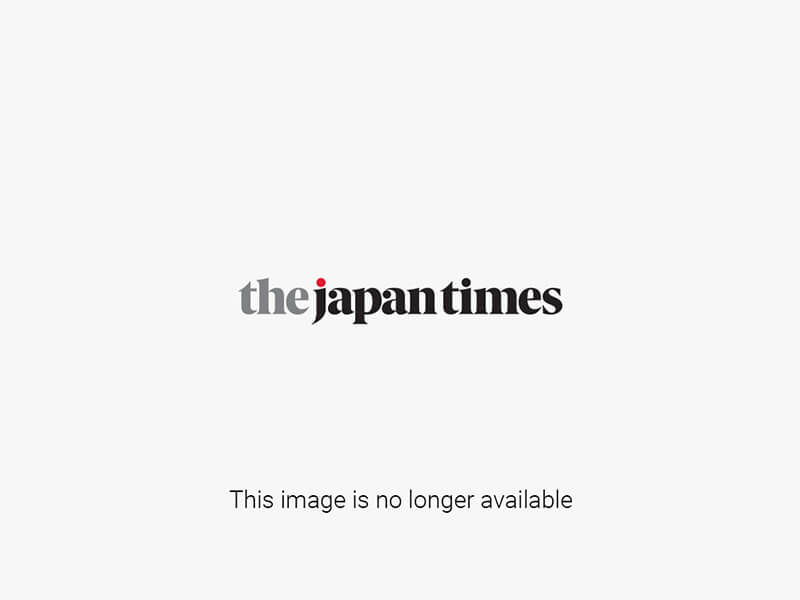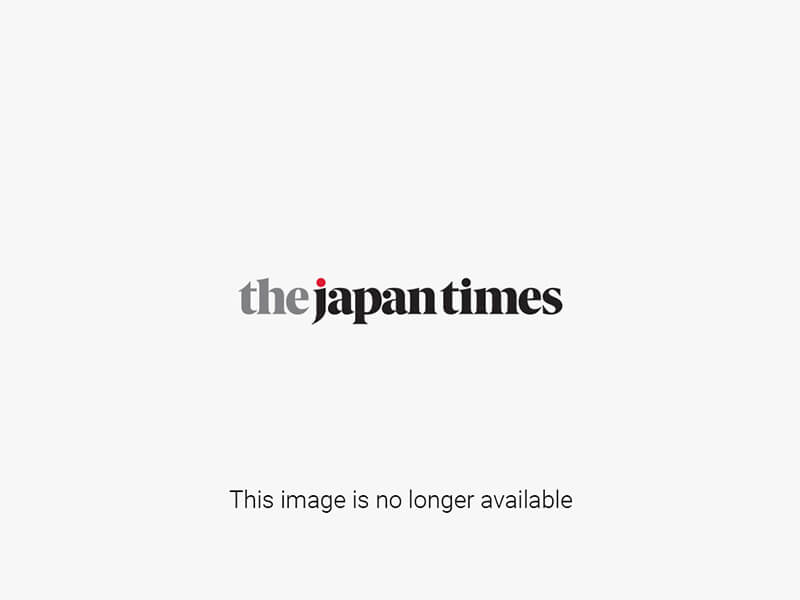Japan will not join a U.N. treaty banning nuclear weapons, the government's top spokesman said Monday, reiterating a stance that puts it in lockstep with the United States but could be seen as contradicting its anti-nuclear position.
"We believe, given the increasingly difficult security environment surrounding Japan, it is appropriate to make steady and realistic progress toward nuclear disarmament while maintaining and strengthening our deterrence capabilities to deal with threats," Chief Cabinet Secretary Katsunobu Kato said at a news conference.
"Japan shares the goal of this treaty, the abolition of nuclear weapons, ... but as we differ in how to approach the issue, we will not become a signatory," he said, referring to the pact that is set to take effect in January.
As the only country to have suffered a nuclear attack, Japan has sought to present itself as a leader in international efforts for nuclear disarmament and nonproliferation.
But Japan also depends on the U.S. nuclear umbrella to protect it from threats including North Korean missiles, preventing it from endorsing an all-out ban on production, use and stockpiling of nuclear weapons.
The Treaty on the Prohibition of Nuclear Weapons is set to enter into force on Jan. 22 after Honduras on Saturday became the 50th country to ratify it. No nuclear powers have endorsed the pact.
Survivors of the 1945 U.S. atomic bombings of Hiroshima and Nagasaki and other antinuclear activists have urged the administration of Prime Minister Yoshihide Suga to sign onto the historic but largely symbolic treaty.




